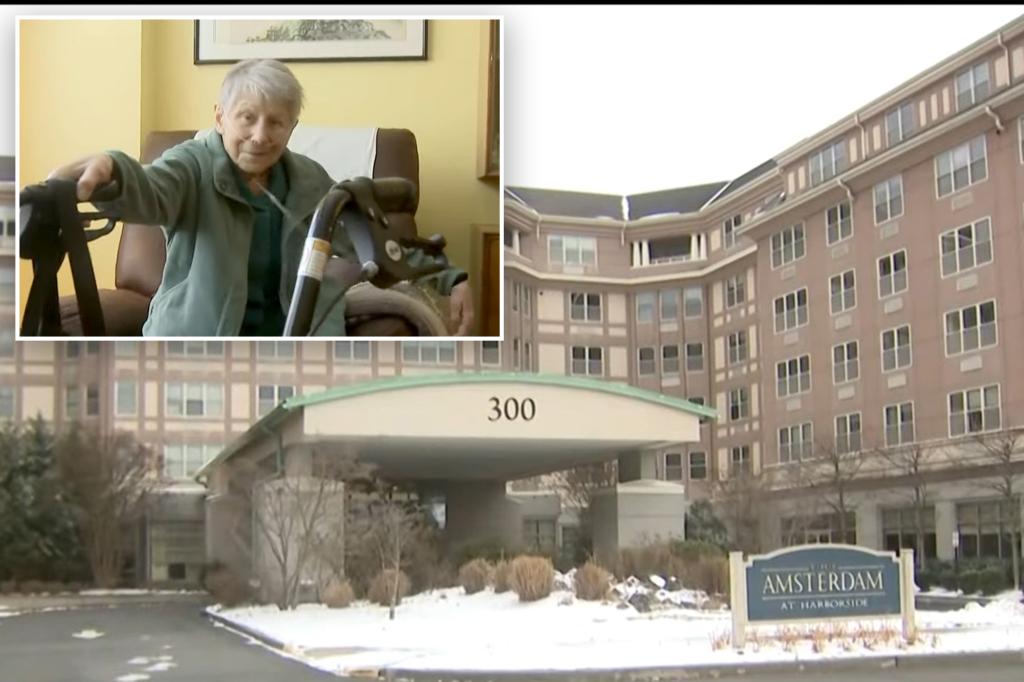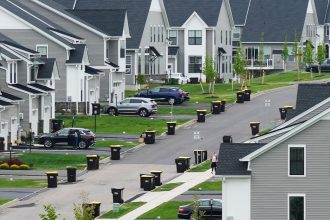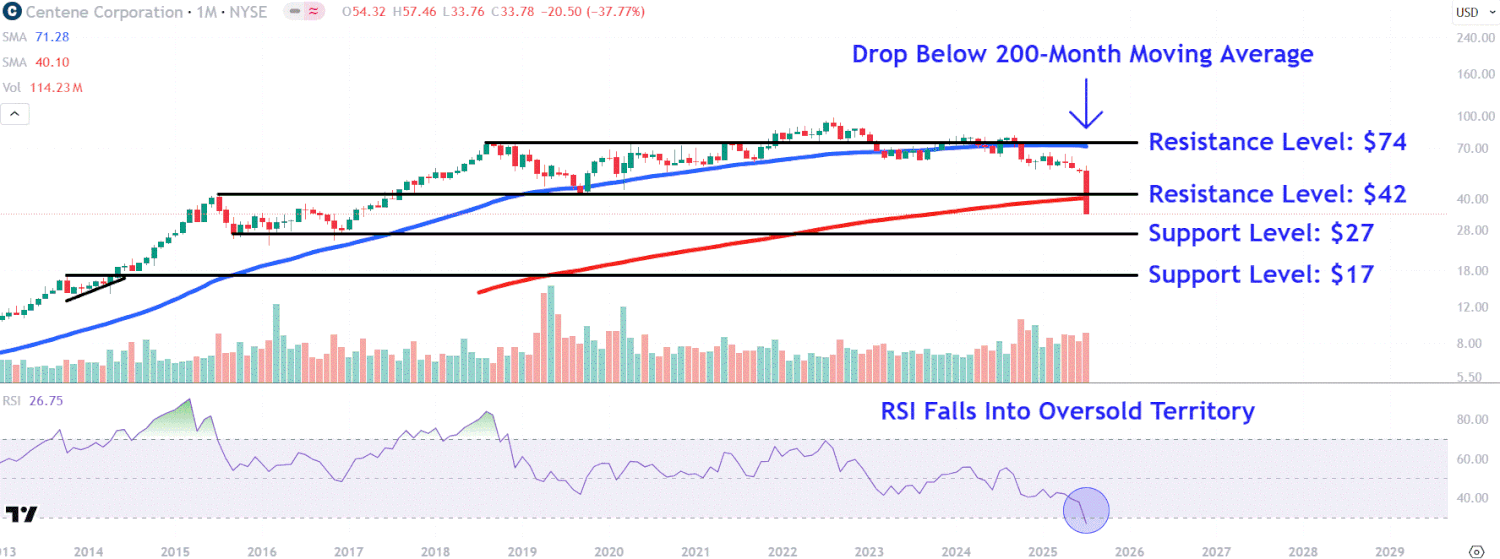An 89-year-old widow from Long Island, Arlene Kohen, faced severe financial setbacks after the luxury senior living facility she joined declared bankruptcy, leaving her without the expected security of her life savings. Kohen sold her family home in Great Neck for $838,000 to cover the nearly $1 million entrance fee for Harborside, a retirement community in Port Washington, where she moved in January 2020.
Harborside, which had filed for bankruptcy on three separate occasions—in 2014, 2021, and most recently in 2023—promised that 75% of the entrance fee would be refundable to her heirs or would be returned should she decide to leave. However, by the end of her stay, her monthly fees had escalated to $5,700, according to the Wall Street Journal.
After the latest bankruptcy, which resulted in ownership transferring to a new investor who reduced care services, Kohen was forced to vacate the facility. Her daughter, Beverly Kohen Fried, expressed disappointment about the financial situation, stating, “That’s money that I’ll never see,” as the family now expects to recuperate less than one-third of the $710,000 refund they were promised.
This incident is indicative of a larger trend, as numerous continuing-care retirement communities (CCRCs) across the United States have also reported significant financial difficulties—more than 16 CCRCs have declared bankruptcy since 2020, affecting over 1,000 families and costing residents upwards of $190 million in entrance fees, based on court documents and information from healthcare restructuring firm Gibbins Advisors.
Among the communities impacted are Henry Ford Village in Michigan, Unisen Senior Living in Florida, and Casey’s Pond in Colorado. The financial struggles seen at Henry Ford Village resulted in $112 million in unpaid refunds going to unsecured creditors, while over 100 residents of Unisen faced eviction when the facility closed down. At Casey’s Pond, a $30 million fundraising effort was necessary to keep it operational despite having $68.4 million owed to bondholders.
CCRCs are designed for seniors to age in place, beginning with independent living and transitioning to assisted living or memory care as necessary. However, residents must pay hefty upfront fees—often between $200,000 and $1 million—accompanied by promises of partial refunds. Yet, during bankruptcy, these residents rank as unsecured creditors, receiving only a minimal portion of their anticipated refunds.
While bankruptciesamong CCRCs remain relatively rare—affecting less than 1% of the nearly 1,900 facilities in the U.S. since 2020—the fallout can be profoundly damaging for those involved. As of 2023, approximately 623,000 people reside within such communities, according to the National Investment Center for Seniors Housing & Care.
The business model of CCRCs makes them particularly exposed during economic downturns. They often rely on the entrance fees from new residents to manage debt and everyday operations while maintaining low reserves. Economic factors, such as the inability of potential residents to sell their homes during housing slumps, can swiftly precipitate financial crises, as was the case for Harborside, which opened in 2010 amid the housing market crash.
After struggling to fill its 229 independent living units, with occupancy dipping below 60% within two years, Harborside filed for bankruptcy in 2014. Following a brief stabilization, the COVID-19 pandemic inflicted further damage, stalling new admissions and leading to additional defaults.
Despite bondholders supporting prior financial restructuring at Harborside to protect resident contracts, a final default in 2022 forced the sale of the property to Focus Healthcare Partners, a Chicago-based investment firm. Curt Schaller, a principal at the firm, acknowledged the difficult situation of the residents, noting that his company had no control over the distribution of sale proceeds between creditors and residents.
As part of the latest bankruptcy terms, 187 current and former residents at Harborside are set to receive up to 32% of their entry fees, totaling approximately $121 million. This includes Bob Curtis, an 88-year-old who paid $840,000 under a 50% refund agreement. Curtis remains in his apartment but had to move his wife, who required memory care, to another facility, where she sadly passed away due to complications.
The U.S. Senate Special Committee on Aging highlighted in 2010 that CCRCs are “particularly vulnerable during economic downturns,” advocating for enhanced consumer protections, though regulations have yet to improve significantly. With about 5% of the $36 billion in municipal bonds tied to these facilities currently in default, experts warn that without robust oversight, more seniors could find their savings and long-term care assurances vanish unexpectedly. Efforts to reinforce protections in Florida, a state that views CCRCs as a unique insurance product, failed to prevent the closure of Unisen and the consequent evictions. Regrettably, many states still lack the specialized knowledge necessary to regulate CCRCs effectively, as noted by Katherine Pearson, a law professor at Pennsylvania State University’s Dickinson Law.










